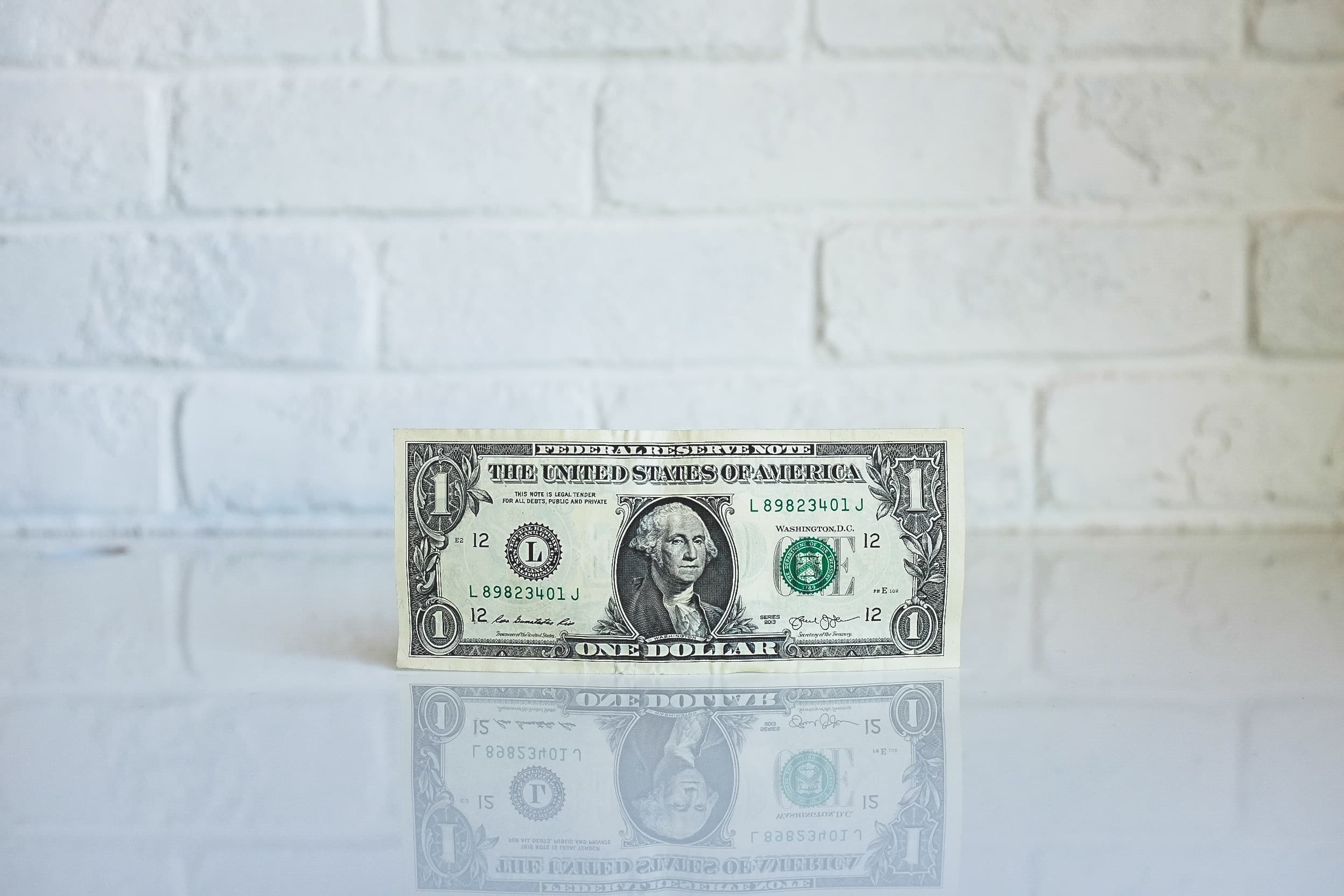Tether, the company behind the USDT stablecoin, holds more U.S. Treasury bills than some major economies across the globe.
In an X post on Monday, Tether CTO Paolo Ardoino said that the stablecoin issuer has $72.5 billion worth of exposure to treasury bills and is a top 22 buyer globally, exceeding purchases from the United Arab Emirates, Mexico, Australia and Spain.
While @Tether_to reached 72.5B exposure in US t-bills, being top 22 buyer globally, above United Arab Emirates, Mexico, Australia, Spain, …$USDt is the most used stablecoin in the world, with a huge focus on emerging markets. For many of these communities USDt is a lifeline… https://t.co/7hC12Nhzdq
— Paolo Ardoino 🤖🍐 (@paoloardoino) September 5, 2023
Ardoino’s comments followed a post about China’s selling of treasury bonds over the last few years, with data showing that the country has reduced exposure by nearly $481 billion from its peak levels.
For stablecoin issuers, holding large amounts of treasury bills in its reserves appears to be the go-to strategy for risk management. According to its latest monthly attestation report in July, USDC issuer Circle held $8.3 billion worth of U.S. Treasuries in its reserve fund.
“Interesting how it turns out that mostly crypto people are saving the world from another financial meltdown! While China and some others are dumping US Treasury bills, USDT, USDC and other USD stable coins are buying it,” wrote one user on X.
While the strength of Tether’s reserves, and undoubtedly, its $1.48 billion in profit recorded in the first quarter, might inspire confidence for some market participants, data shows that large scale selling has affected its peg stability considerably in the last month.
Research from Kaiko shows that USDT witnessed multiple depegs through the month of August, the frequency of which was likely aided by its redemption fee and minimum, combined with decreasing liquidity.
“The obvious solution is for Tether to remove its redemption fee and minimum. Tether reported an $850mn profit in Q2; removing the fee would not have a significant effect on profits unless the company believes that making redemptions cheaper would significantly decrease USDT’s supply,” stated Kaiko in a report.



